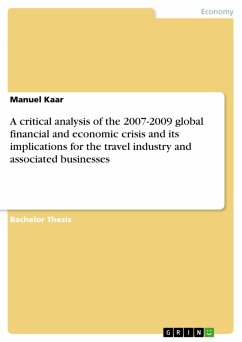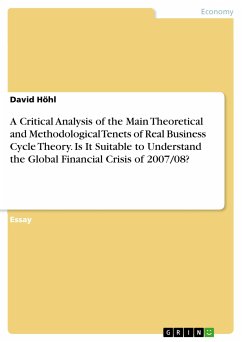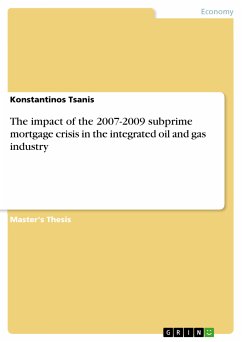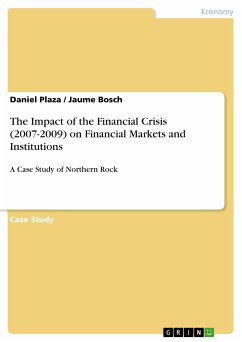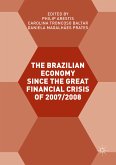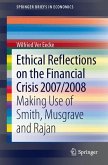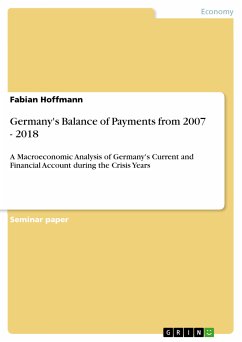Bachelor Thesis from the year 2009 in the subject Economics - Macro-economics, general, grade: 1.2, University of applied sciences, language: English, abstract: There have been numerous incidents in one or more countries in the past that led to sudden and unexpected reductions in demand for tourism services and confronted travel businesses with an economic environment of high uncertainty. However, the current financial and economic crisis appears to be of a larger dimension than most other crises before, and numerous experts around the globe agree that the present economic slowdown has the potential to become one of the most challenging and transformational disturbances on a supranational level since the Great Depression. Predictions of future developments are vague and can only be educated speculation at best, yet for the tourism industry the initial effects of this first major crisis of the globalization era are already clearly perceptible. Drawing on an extensive review of already existing literature, this paper explains the various milestones during the period that led to the 2007-2009 global financial and economic disorder, and subsequently considers a choice of selected key implications for the tourism industry and associated businesses. The aim of this paper is therefore to provide an academically substantiated reference guide for market participants and policy-makers alike, with the ultimate purpose of making a contribution to reduce the number of cases where wrong decisions lead to major difficulties or even the failure of a destination or an individual business. Results of the research indicate that the identified impacts are likely to intensify throughout 2009 and 2010, and that the crisis will most likely also entail fundamental changes for the industry on a long-term basis. In particular, it was found that in the medium term decreased public funding for tourism projects and restricted access to capital are likely to force many travel businesses into serious liquidity problems. This may cause a series of reactions, including widespread workforce reductions and severe cuts in the quality of the provided services. Besides, the crisis is likely to have considerable effects on the way leisure and corporate travel is conducted, as for instance shorter and less frequent trips or a stronger tendency towards cost containment. However, the paper also points out that every crisis embodies a great number of opportunities and provides an analysis of a range of selected chances for destinations and tourism businesses. [...]
Dieser Download kann aus rechtlichen Gründen nur mit Rechnungsadresse in A, B, BG, CY, CZ, D, DK, EW, E, FIN, F, GR, HR, H, IRL, I, LT, L, LR, M, NL, PL, P, R, S, SLO, SK ausgeliefert werden.

